Mythology
-
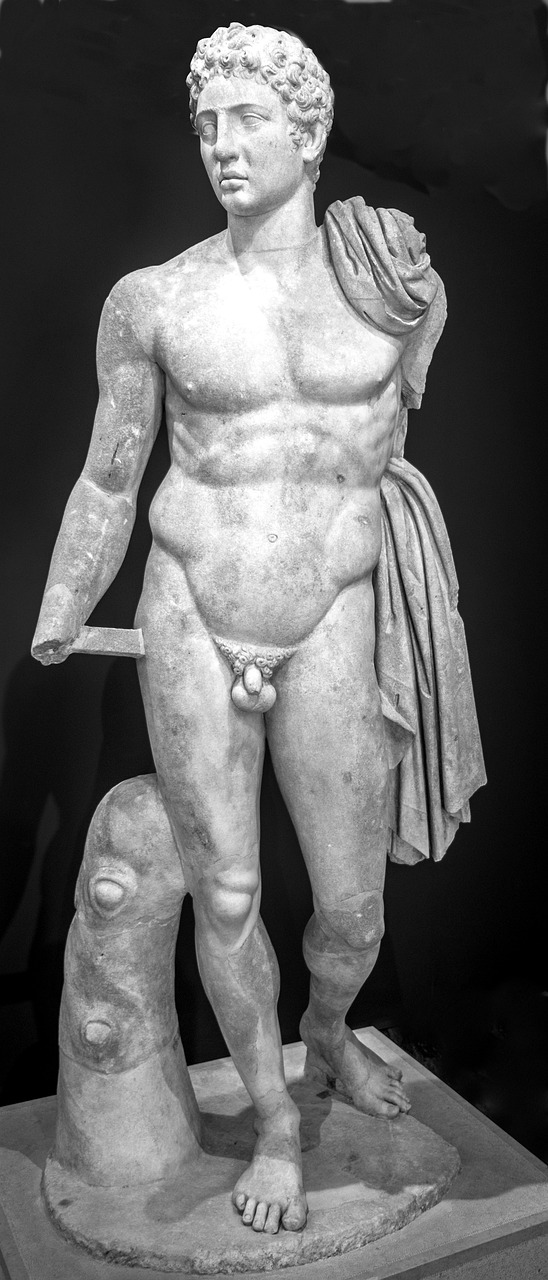
The Multifaceted Role of Hermes in Greek Mythology Hermes, a prominent figure in Greek mythology, served as the Olympian god associated with several realms. He was revered as the deity of herds and flocks, travelers, hospitality, trade, thievery, cunning, heraldry, language, athletics, and even astrology. Acting as Zeus’s personal messenger, Hermes was also tasked with…
-
Tefnut: The Goddess of Water and Moisture in Egyptian Mythology Overview In the realm of Egyptian mythology, Tefnut stands out as the goddess associated with water, humidity, and sustenance. Often recognized alongside concepts of dryness and the sun, she is recognized as both a creative force and a nurturing presence, revered as the mother of…
-
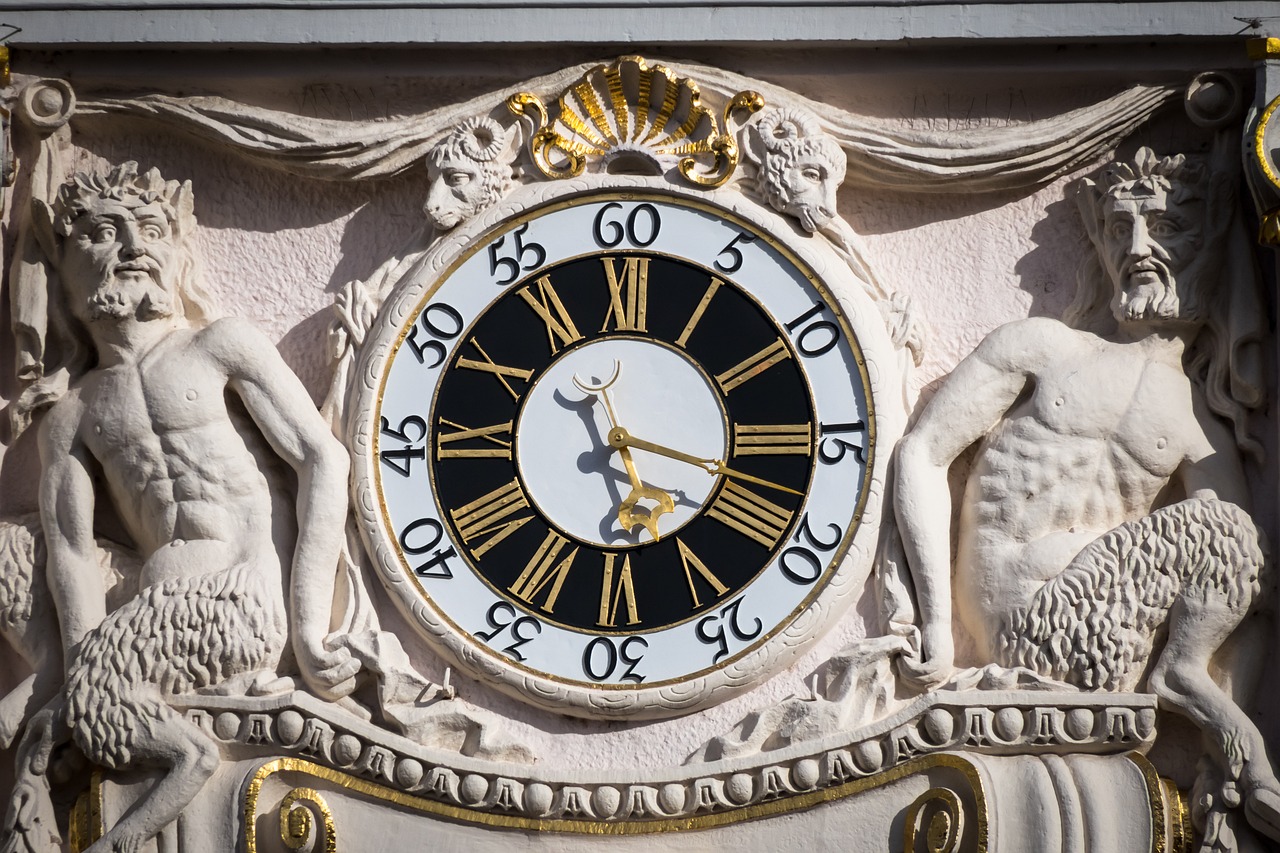
Faunus, a horned god associated with the wilderness, meadows, and agricultural fields in ancient Roman culture, held additional significance as Inuus, particularly concerning the impregnation of cattle. Over time, he began to be linked to the Greek deity Pan in various literary works. Recognized as one of the early di indigetes in Roman religious tradition,…
-
Meretseger: Guardian of the Theban Necropolis Meretseger, an esteemed deity dedicated to safeguarding the Valleys of the Kings and Queens in western Thebes, inhabited a pyramid-like desert mountain teeming with snakes—one of the portals to the Egyptian underworld. Her name, meaning “she who loves silence,” resonates perfectly with her role as a goddess of the…
-
Lir, a notable figure in Irish mythology, is famously recognized as the father of the children who were transformed into swans due to the nefarious actions of their stepmother, Aoife, in the narrative known as “The Children of Lir.” This is a tale I share sparingly, often referring to it simply as “Aoife’s Tale.” To…
-
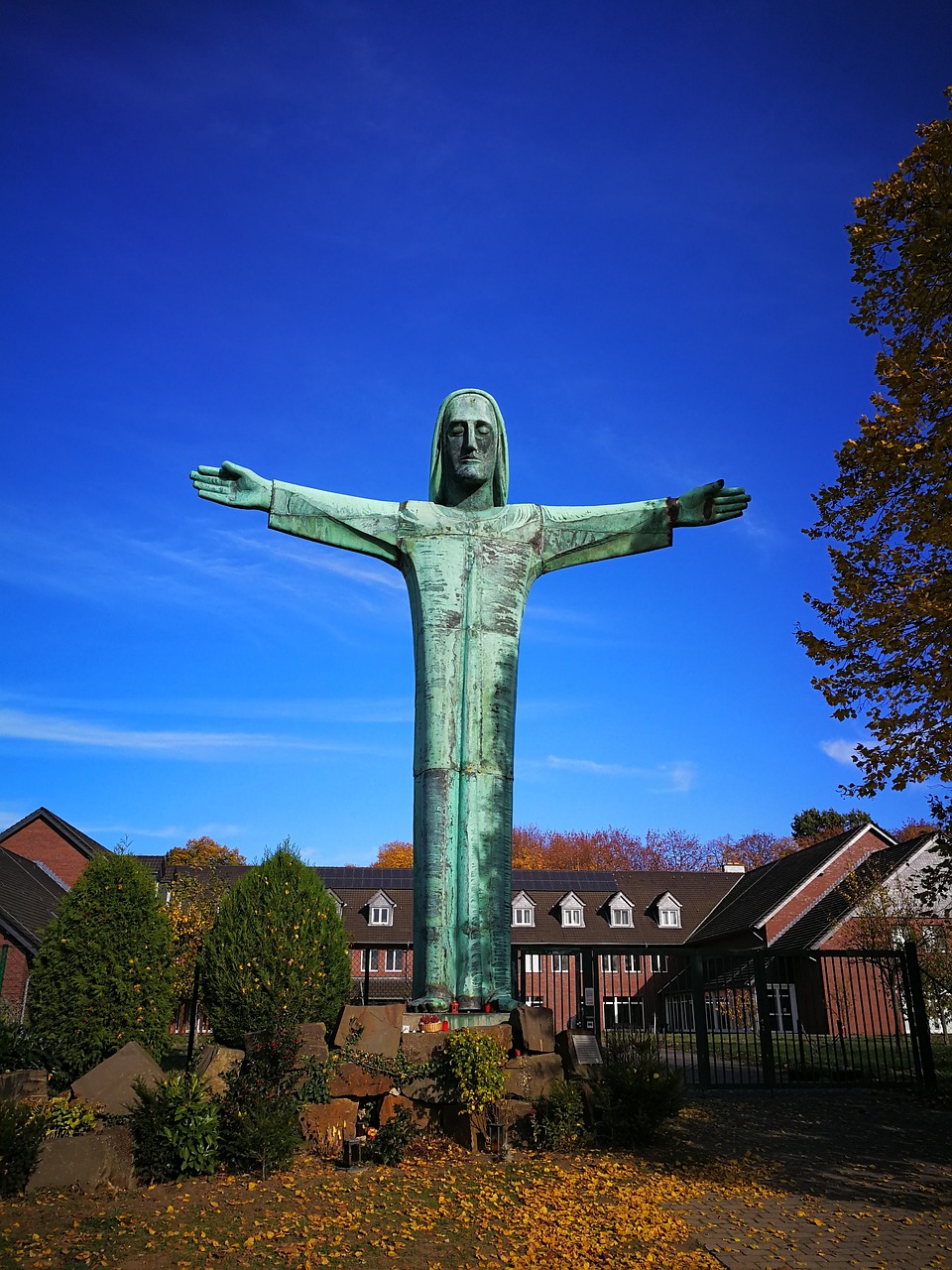
The concept of “FIDES” is frequently misinterpreted as ‘faith,’ which diverges from its original context in Roman thought. In the realm of ancient Rome, FIDES was considered a critical aspect of the character of individuals engaged in public life. It served as a vital foundation for both social and political interactions, encapsulating the notion of…
-
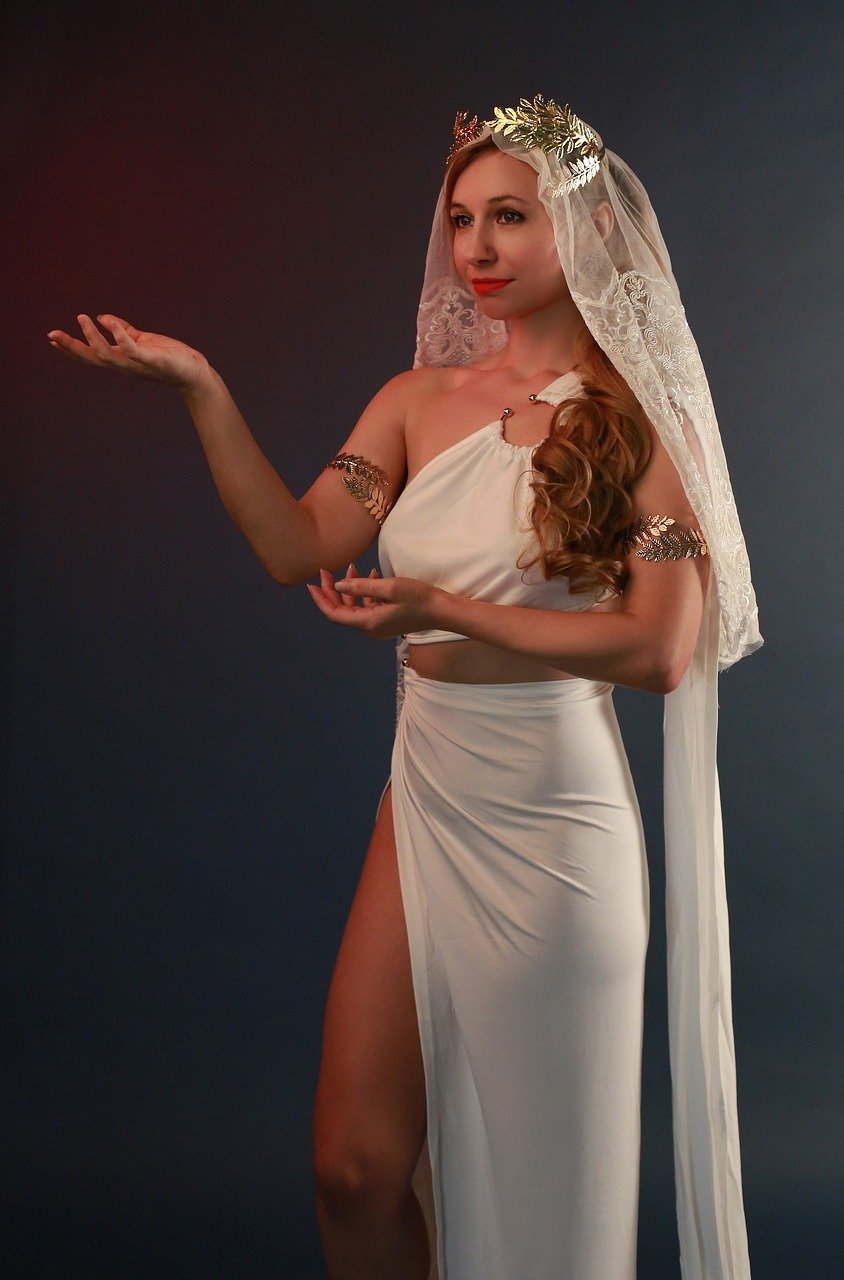
The Goddess Hestia: Guardian of the Hearth Hestia, the embodiment of the hearth, both at home and in the community, is revered as a virgin goddess in ancient Greek mythology. She is intimately connected with the family unit, overseeing the preparation of meals and the cooking of bread. Additionally, Hestia is the overseer of the…
-
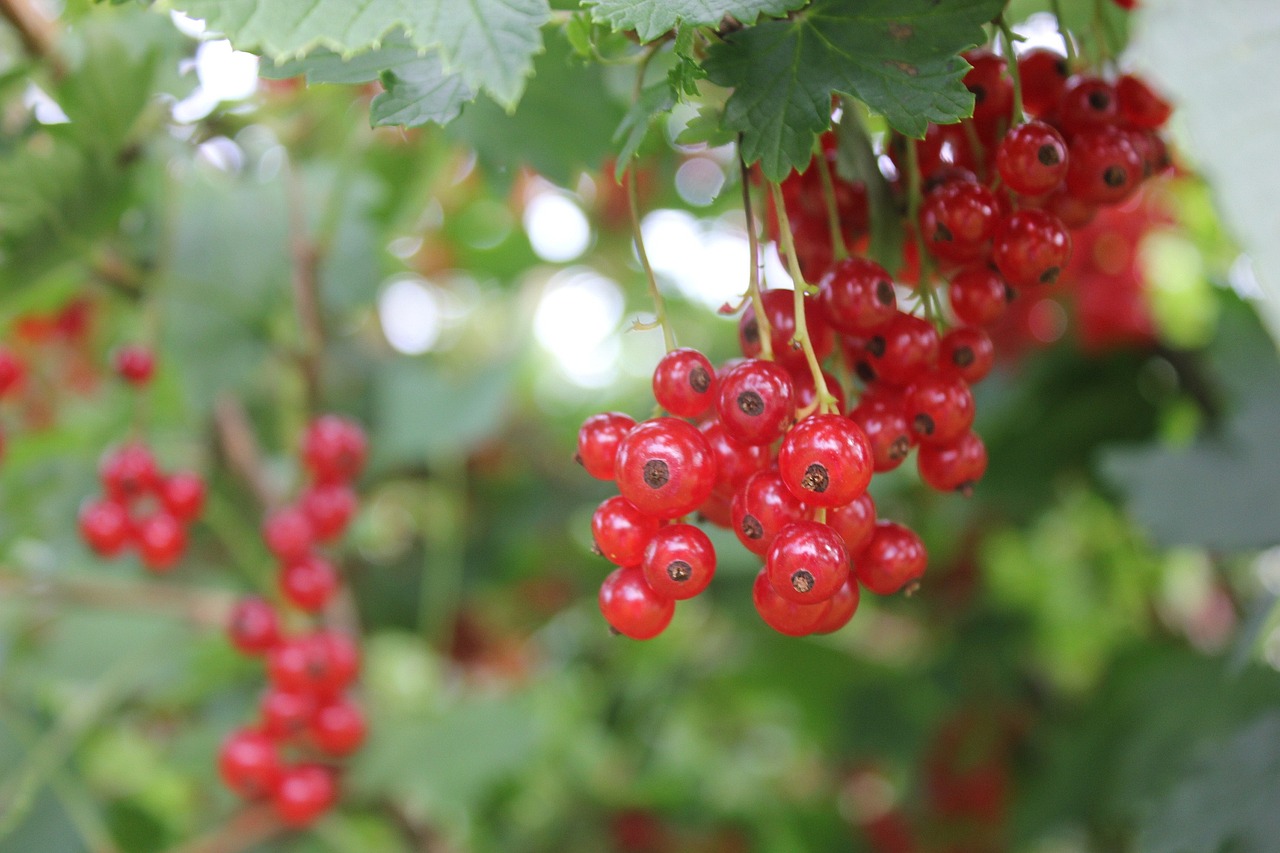
Life in ancient Egypt revolved around the annual flooding of the Nile, which significantly enhanced the fertility of the land. This fundamental relationship is reflected in the religious beliefs centered around the crocodile deity, Sobek. Although Sobek began as a local figure, his importance surged to new heights during the Middle Kingdom, impacting politics and…
-
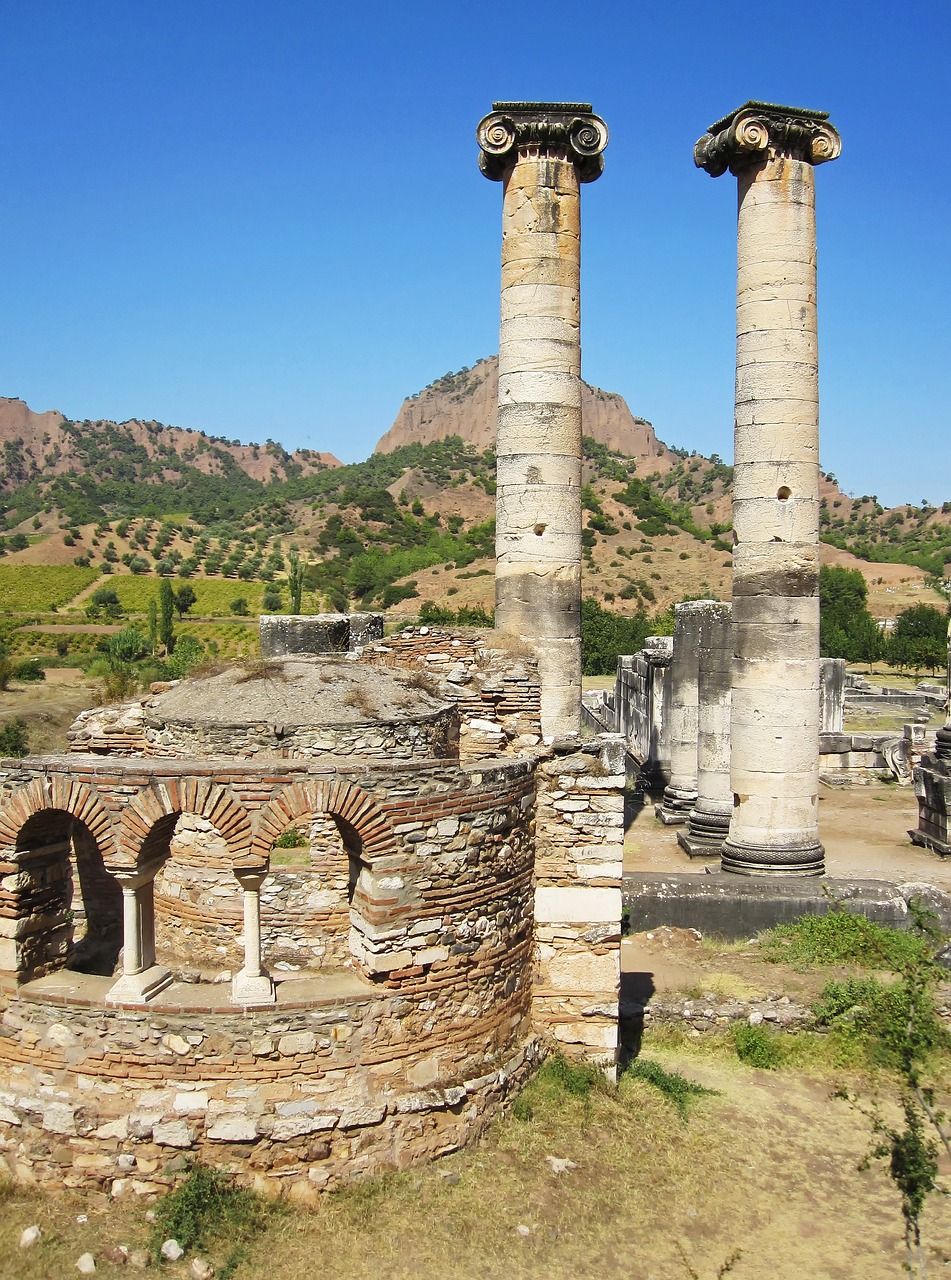
Artemis: The Goddess of Hunting and Childbirth Artemis, revered as the Olympian goddess of the hunt, wilderness, and wild creatures, also held the significant roles of goddess of childbirth and protector of young girls until marriage. Her twin brother, Apollo, mirrored this protective aspect for boys, showcasing a duality in their divine nature. Both deities…
-
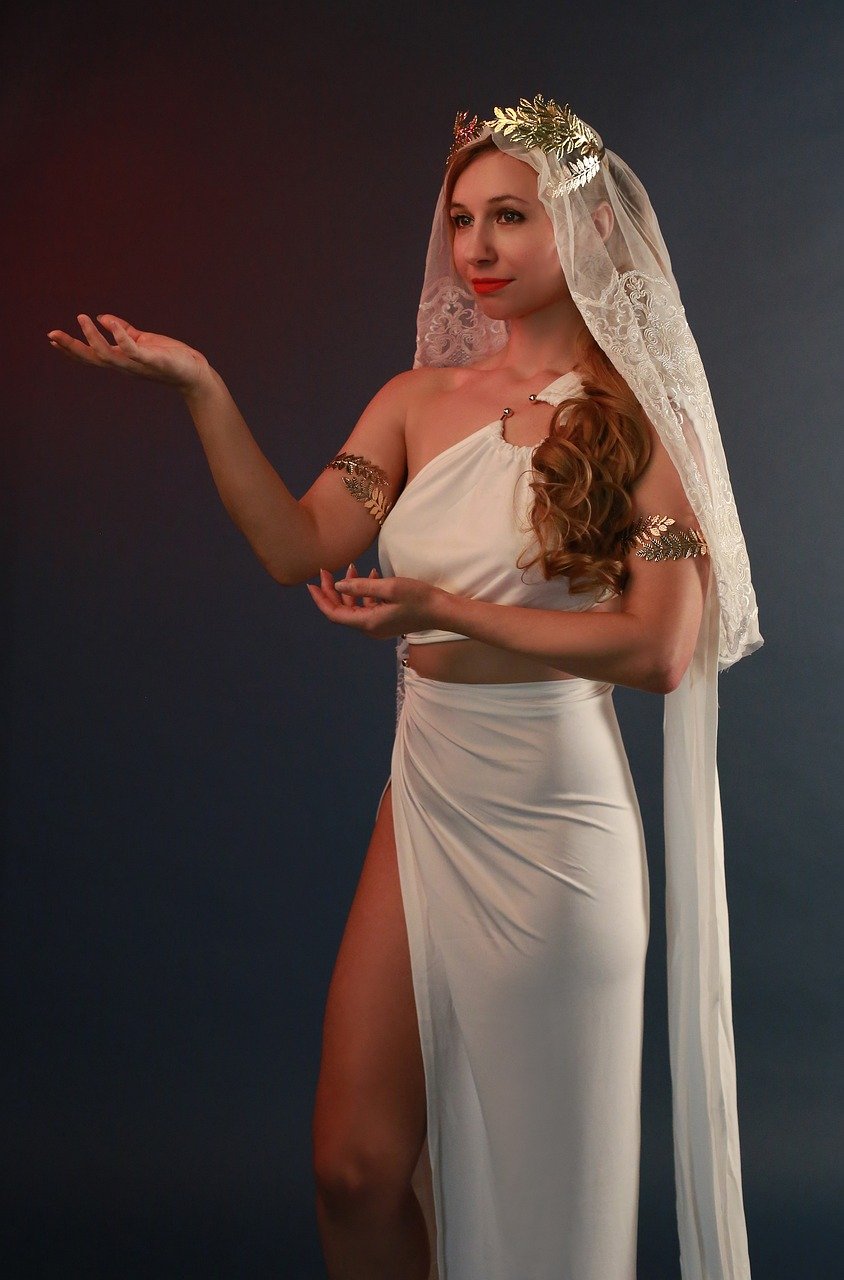
Hestia, the goddess of the hearth, embodies the essence of domesticity and community. As the guardian of the home and the nurturing spirit behind the familial kitchen, she presided over the preparation of meals as well as the sacred flame of sacrifice. Hestia played a pivotal role in public and private life, being intimately connected…


